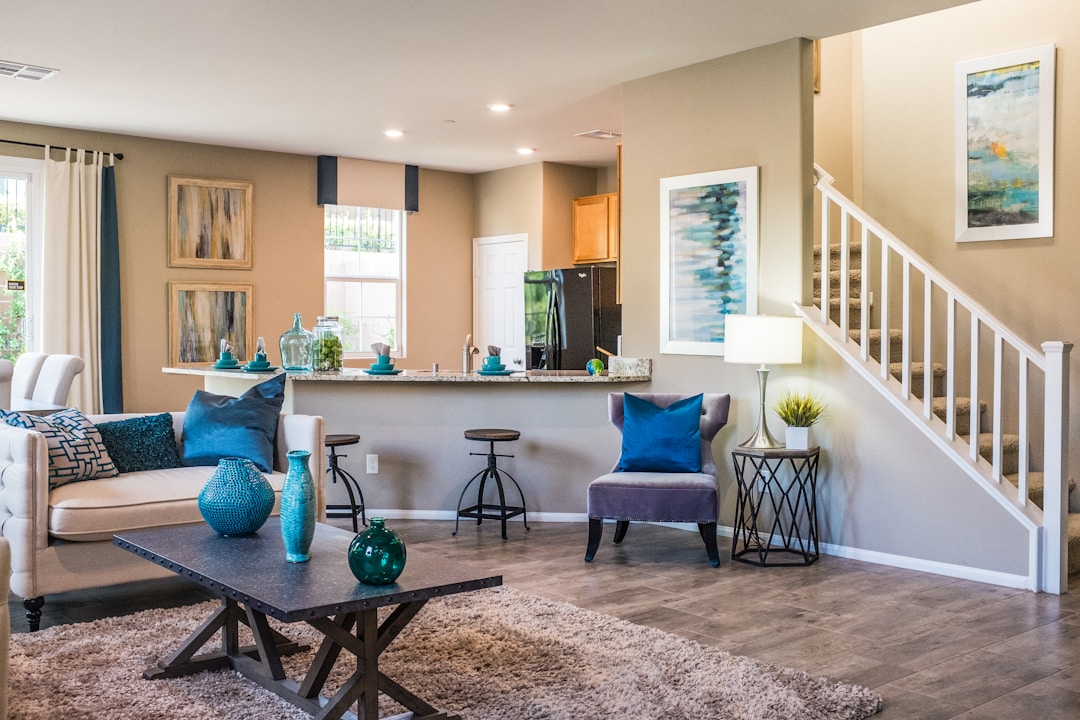Embarking on a home remodeling project is both exciting and overwhelming. From envisioning a new space to tackling the nitty-gritty details, there’s a lot to consider before hammer ever hits nail. A well-planned home renovation can transform your living experience, increasing both the value and enjoyment of your property. To ensure success, it’s essential to understand the full scope of the endeavor, secure the necessary permissions, and solidify your design and budget plans. Keep reading to gain valuable insights and strategies to guide you through this complex process.
Understanding the Scope of Your Home Remodeling Project
Assessing the scope of your home remodel is crucial. Define your goals clearly, whether it’s updating a kitchen or adding a second story. This vision guides decisions. Prioritize tasks based on must-haves versus nice-to-haves. This helps manage budget and schedule effectively.
Create a detailed list of desired changes to communicate with contractors and designers. Their input ensures feasibility and offers valuable suggestions. Understanding the project’s scope aids in researching local building codes and zoning regulations. This prevents legal issues and unexpected costs.
Navigating Zoning Laws and Obtaining Permits
Navigating zoning laws and permits is vital for any remodeling project to ensure compliance with safety and community standards. Skipping these steps can lead to fines and increased scrutiny from local authorities.
Start by reaching out to your local zoning office or checking their website for regulations, restrictions, and required documentation. Understanding these rules early on helps shape your design plans accordingly.
Once you’re familiar with local zoning laws, focus on obtaining permits for your remodel. Permits are official approvals to proceed with construction based on submitted plans. This process varies in complexity depending on the project and location.
Prepare to submit detailed plans and possibly revise them to meet specific requirements. While it might be tempting to skip this step, unpermitted work can jeopardize insurance coverage and complicate future property sales. It’s crucial to comply with all necessary permits from the outset.
Designing Your Space: Aesthetics Meets Functionality
Designing a home requires a thoughtful blend of beauty and functionality. Each room should reflect personal style while meeting practical needs. It’s crucial to consider traffic flow, natural light, and material durability. Consulting an interior designer can optimize both aesthetics and utility.
Integrating technology is key, with smart home features and energy-efficient upgrades offering long-term benefits. Services like those provided by All American Heating & Cooling ensure climate control systems are modern and well-integrated.
Choose timeless designs and quality materials to future-proof your remodel. Trends may change, but enduring choices will keep your home stylish and functional for years to come.
Choosing the Right Contractor for Your Renovation
Choosing the right contractor is crucial for a successful renovation. Start by asking friends or family for recommendations. Interview multiple contractors, examining their work and credentials. Ensure they’re licensed, insured, and have good communication skills.
Request detailed estimates and timelines, discussing their approach to your project. Transparency in pricing and process is essential. Make sure everything is outlined clearly in a contract.
A reliable contractor will coordinate other services needed for your project, such as comprehensive electrical services. They should handle all aspects so you can focus on the remodel.
Budgeting and Finances: How to Plan for Your Home Remodeling Costs
Crafting a realistic budget for your remodeling project is essential. Begin by establishing a comfortable spending range and allocating funds accordingly.
Remember to include both visible costs like materials and labor, as well as often overlooked expenses such as permits and utility upgrades. It’s wise to set aside a portion of your budget for unexpected costs that may arise during the renovation process.
Explore different financing options if your budget falls short of your vision. Home equity loans, personal loans, or refinancing could provide the necessary funds, but evaluate the implications carefully.
Consider the potential return on investment for your project, especially for renovations like kitchens and bathrooms that tend to recoup costs more effectively. Balance the personal value of the remodel with its financial implications to make well-informed decisions.
Overall, home remodeling is a big deal, demanding meticulous planning and execution. Knowing your project’s scope, adhering to zoning laws, designing thoughtfully, selecting the right contractor, and budgeting properly are key for a successful renovation. Despite potential challenges, thorough preparation and the right partnerships pave the way for realizing your dream home.



